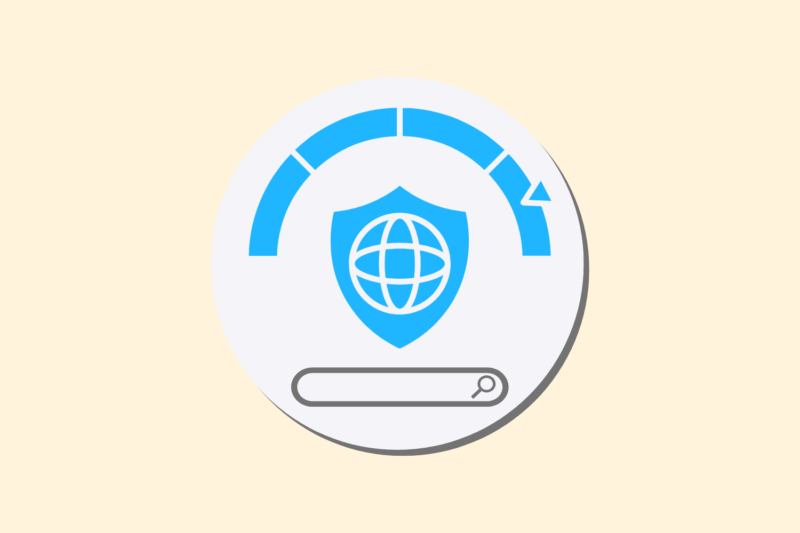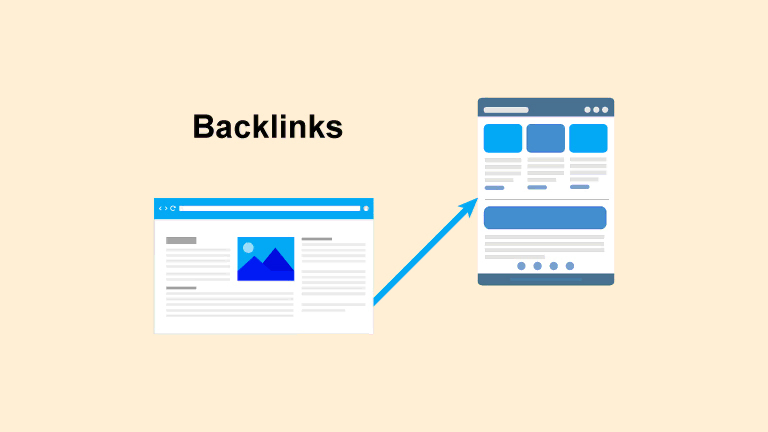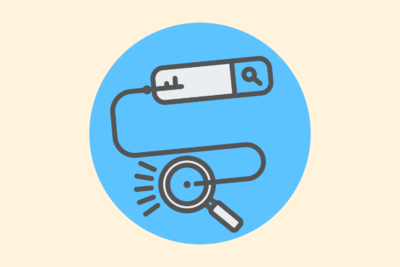Does Domain Authority have any influence? This is my vision

Domain Authority (DA) has been a commonly used metric in discussions about SEO for many years. It is a score, developed by Moz, that predicts the likelihood that a domain will rank well in search engines. Yet domain authority is not a direct ranking factor in Google’s algorithm. There is a lot of confusion about that. That’s why I think it’s important to be clear about the value and limitations of Domain Authority. I also tell you how to use it and how not to use it.
What Domain Authority is and is not
Domain Authority is a predictive metric. It gives an indication of the authority of your site based on your link profile and other signals. It is not a signal that Google itself uses. Domain Authority is not a guarantee of better rankings, but it can be a handy reference when looking at your results.
The most important nuance is the following: your Domain Authority depends on the tool you use. Tools such as Ahrefs (Domain Rating) and Majestic (Trust Flow) use proprietary calculations. So the scores are not interchangeable.
Although your Domain Authority is not an official ranking factor, in practice it can be useful for competitive analysis. With it, you can quickly estimate how strong the link profile of competitors is. Also set the right link building priorities. Sites with a high Domain Authority often have a more valuable link profile, which can make a backlink more strategic. Tracking your own Domain Authority over time can provide insight into the development of your link profile.
It is important that you always combine Domain Authority with other data, such as organic traffic, visibility in the SERP and the quality of your content. (1)
Getting started with SEO? Feel free to get in touch.

The limitations of Domain Authority
The biggest pitfall is seeing Domain Authority as the goal, rather than a tool. If all the focus is on increasing your metrics, you run the risk of basing SEO decisions on an external score rather than real performance, such as time-on-site.
In addition, Domain Authority can be distorted by factors such as a small number of very strong links, while the rest of the link profile is weak. Another factor is that Domain Authority has nothing to do with content quality, user signals or technical SEO, even though these are crucial in practice.
I am happy to share with you a real-life example where the focus on value proved more important than the score itself.
A large online platform in the financial sector wanted to increase Domain Authority to rank better. They were investing primarily in link building through external platforms, but saw little growth in organic traffic. We decided to turn the strategy around: less focus on the score, more on real authority.
We rewrote existing pages, added in-depth guides and focused on earning natural backlinks through valuable content. Within six months, organic traffic increased 34%, while Domain Authority remained virtually the same. The real gain was in visibility, not metrics.
The Domain Authority in an AI-driven search environment
With the rise of AI search engines such as Google SGE and ChatGPT, the role of Domain Authority is changing. AI models do not look at these types of scores, but rather signals such as reliability, authority and link profile quality.
Pay attention to E-E-A-T signals, such as demonstrated expertise and reliability in your content and authorship. The relevance of the link profile is also important. Don’t just use strong links, but also ensure thematic connection. Furthermore, make sure content is widely cited: AI systems derive a lot from sources that recur in multiple places. (2)
This shifts the focus from chasing metrics to building an authority profile that works across multiple ecosystems.
My approach to using Domain Authority
In my SEO projects, I use Domain Authority as a supporting metric, not as a core KPI. It is especially useful in the early stages of a competitive analysis or when estimating link-building opportunities. After that, the focus shifts to measurable results such as organic visibility, conversions and topical authority.
By putting metrics in context, you prevent them from becoming an end in themselves. Metrics remain a useful tool, but should not be the destination.
Summary
Domain Authority still has value, but only if you see it for what it is: an external prediction; it should not be a ranking factor. It provides direction in analytics and link building, but should never be the sole measure of success.
With search engines getting smarter, it’s more than ever about trust, relevant content and real expertise. That’s what sustainable SEO starts with.
Frequently asked questions about Domain Authority
Many marketers use their Domain Authority as an indicator, but don’t know exactly how to interpret it properly. Below I answer the questions I get most often about Domain Authority.
Is Domain Authority still important for SEO?
Domain Authority is not directly important for SEO. Google does not use this metric as a ranking factor. Still, it can be useful to track trends in this or compare competitors.
Why does my Domain Authority vary by tool?
Each SEO tool uses its own algorithm and metrics. Moz, Ahrefs and Majestic all measure differently, so scores cannot be compared one-to-one.
How can I improve my Domain Authority?
Focus on quality rather than quantity. Build a strong link profile through valuable content, trusted resources and natural referrals.
Does AI affect my Domain Authority?
Indirectly, AI affects metrics. AI systems look not at metrics, but at the same signals on which Domain Authority is based: reliability, expertise and relevance.
| # | Source | Publication | Retrieved | Source last verified | Source URL |
|---|---|---|---|---|---|
| 1 | Domain Authority: What is it and how is it calculated (Moz) | 28/05/2025 | 28/05/2025 | 07/10/2025 | https://moz.com/learn/se.. |
| 2 | An SEO guide to understanding E-E-A-T (Search Engine Land) | 06/08/2025 | 06/08/2025 | 15/10/2025 | https://searchengineland.. |
- Moz. (28/05/2025). Domain Authority: What is it and how is it calculated. Moz. Retrieved 28/05/2025, from https://moz.com/learn/seo/domain-authority
- Zoe Ashbridge. (06/08/2025). An SEO guide to understanding E-E-A-T. Search Engine Land. Retrieved 06/08/2025, from https://searchengineland.com/guide/google-e-e-a-t-for-seo






